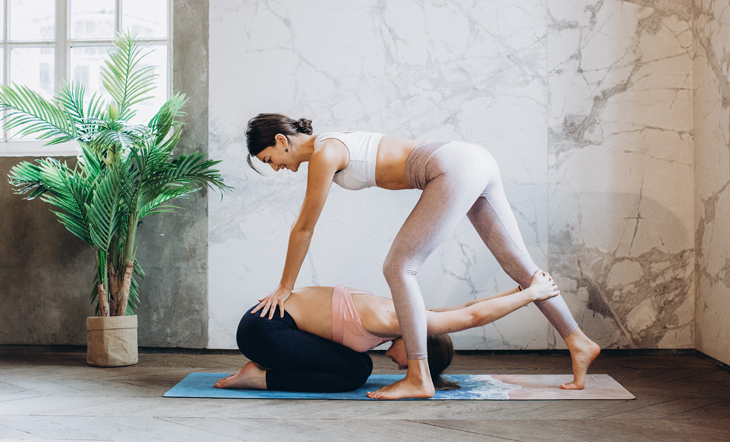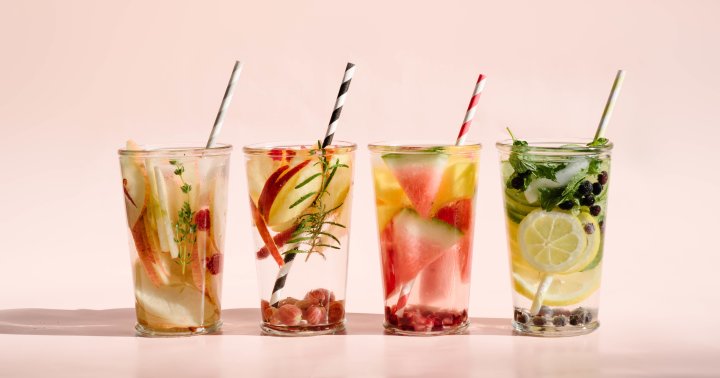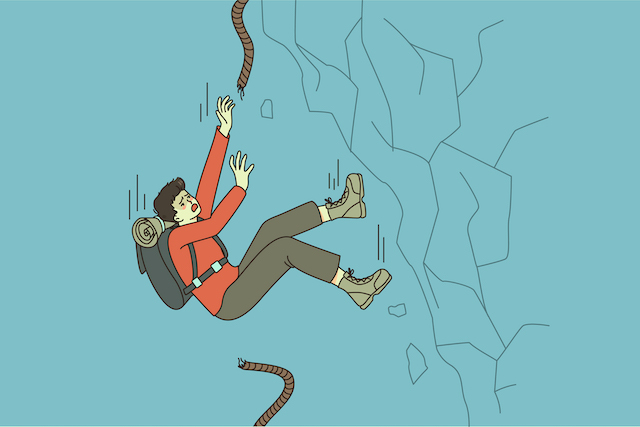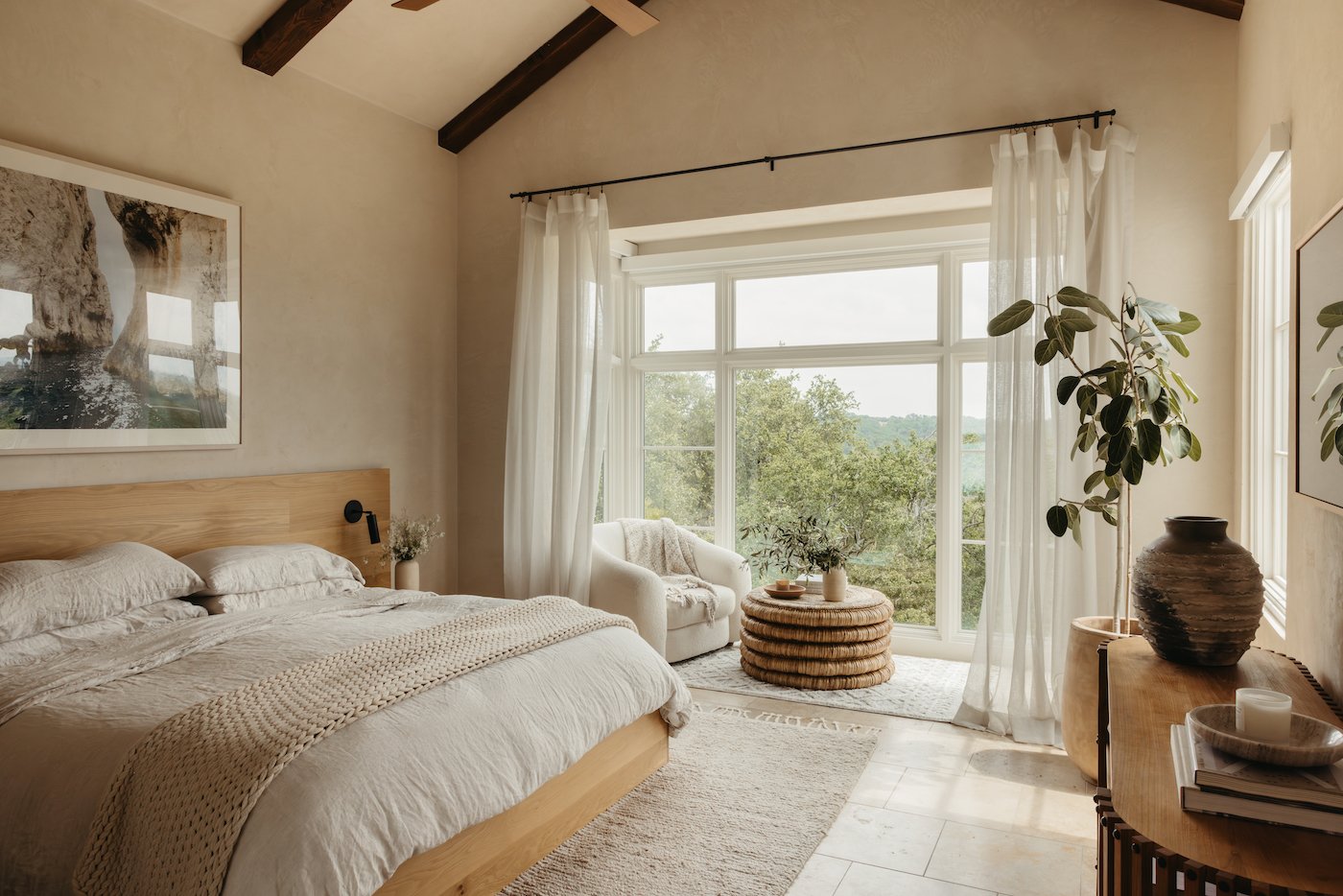Are You Getting Enough Vitamin N?
You probably make sure you get enough of Vitamins A, B, C, D, E, and the rest, but have you heard about Vitamin N? No? Well, let me explain its importance. The term “Vitamin N” was coined by Richard...


You probably make sure you get enough of Vitamins A, B, C, D, E, and the rest, but have you heard about Vitamin N? No? Well, let me explain its importance.
The term “Vitamin N” was coined by Richard Louv, author of Last Child in the Woods: Saving Our Children from Nature-Deficit Disorder and Vitamin N: The Essential Guide to a Nature-Rich Life. But since then, Vitamin N has begun to be prescribed by doctors, psychologists, and other health counselors.
A growing body of scientific research indicates that time spent in nature:
relieves anxiety and depression lowers blood pressure, heart rate, and cholesterol levels boosts the immune system (especially the activity of natural killer cells which fight cancer) promotes faster healing from injury or trauma reduces symptoms of attention-deficit hyperactivity disorder improves social bonding reduces violent behavior inspires creativity strengthens the ideals of conservationThat’s an amazing list of benefits we should all want to enjoy.
I have to admit I wasn’t much of a nature kid growing up. I rode my bike and skated on the sidewalk and climbed trees and played tag, but I wasn’t athletic or adventurous. I didn’t enjoy getting dirty, and I had no one to guide me toward an interest in the natural world.
My mom wasn’t a gardener and we didn’t do much camping, as she didn’t care for it and my dad was busy working two jobs. He was born and raised in the West Indies, so didn’t know much about the flora and fauna, or even the stars of the San Francisco Bay Area where we lived. I liked trees and fog and flowers, but didn’t know much about them.
My husband, however, grew up on nine acres of woods and pasture in rural Placer County, California. He and his three brothers roamed the woods, raised cattle for 4H, and backpacked all over the Sierras with their dad, a professional geologist and avid amateur astronomer.
So Jon has taught middle school science for over 30 years, and has an informed interest in geology, astronomy, botany, birding, and several other areas. Most of my knowledge of the natural world has come from him, and as I’ve learned and observed more it has increased my appreciation.
One thing I love to do in nature, especially when away from crowds of people or sounds of vehicles, is to walk or sit in silence, simply looking, listening, smelling, and feeling the woods or mountains or ocean or wherever I am. I don’t need or want any man-made input or entertainment. Nature itself is compelling enough.
Turns out that’s the essence of forest bathing, the extensively-studied practice of shinrin yoku, which originated in Japan.
But there’s a problem.
We live in a world that’s becoming increasingly mechanized.
Machines don’t need anything green, but we do. In an urban setting, parks, gardens, and other green spaces aren’t just nice amenities, they aren’t luxuries, they’re necessities. Rooftop gardens, window planters, and street trees are essential for sanity and humanity in cities.
Instead of giant monocrop factory farms, we need more organic, multi-crop farms bordered by hedges, streams, and wooded areas.
And we simply must preserve the wild spaces that still remain.
As humans whose only natural home is this planet, we should be interested in conservation. We should make opportunities to spend quiet time outdoors, and teach our children to be curious about and nurturing of the Earth – not just the spectacular wonders on so many people’s bucket lists, but the small corners of green everywhere around us. We don’t have to travel far to spend time in nature.
How to get your Vitamin N
In an ideal world, we’d all live somewhere that let us look outside or step out the door and be enveloped by our natural home. I’m fortunate to sit and work at my dining table near a window overlooking grass and trees. I often see squirrels, birds, and neighbors out walking their dogs. I’m not stuck in a cubicle in a city high rise.
But regardless of where you live or work, immerse yourself in nature as much as you can.
Take a break and go outside to feel the sun and wind, even if it’s on a balcony or in a parking lot. Eat a meal outside on a patio, park bench, or anywhere you can see trees, plants, flowers, birds. Relax on the porch. Walk your dog. Leave your music or podcasts at home and pay attention to the outdoors. Look out the window frequently throughout the day, even just for a minute or two. Play catch, soccer, Frisbee, tag, or another game with your kids in the back yard or a park. Watch the sunrise, sunset, clouds, or an approaching storm. If possible, go where you can stargaze. Plant a garden or take care of plants in your home, in a window box, or in pots on your patio or balcony. Take a drive to see spring blooms, summer farm stands, autumn leaves, or winter snowfalls. Plan your vacation in a beautiful natural setting. If long trips aren’t possible, take occasional day trips to a river, lake, mountains, forest, ocean, or desert. Don’t just sit with nature – interact with it. Lie on the ground, lean on a tree, touch rocks and leaves, let an insect crawl across your hand. Listen to birds, breezes, raindrops, crickets. Take deep breaths and smell the scents. When you can’t get outside, bring nature in. Open the windows. Add rocks, sea shells, pinecones, or a fresh eucalyptus wreath to your décor. Press flowers and leaves to make your own wall art.Vitamin N sustains you.
When reminiscing about childhood memories, people seldom mention the best day they spent watching TV or playing a video game. What they do recall, if they’re lucky enough to have had such experiences with their families, are camping trips, hikes, hours spent playing in a tree house, the time it snowed on the beach in Mendocino (true story), rafting down a river, catching fireflies, or watching a meteor shower from Grandpa’s pasture.
Give your children memories like this, and make them for yourself. Take regular doses of Vitamin N.
***
About the Author: Karen Trefzger is a writer, singer, teacher, wife, mother, and grandmother who has been choosing a simpler life for over 20 years. She is the author of several books about minimalism, and blogs at Maximum Gratitude Minimal Stuff.

 Tfoso
Tfoso 































